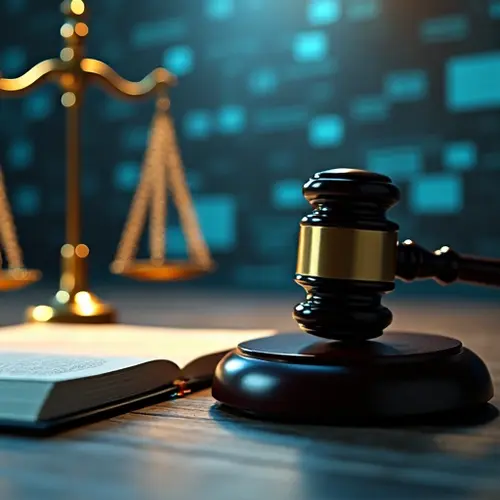The Controversial Rollout of AI Judges in Estonia and China
The integration of artificial intelligence (AI) into judicial systems has taken a significant leap forward with experimental AI judges being deployed in civil cases in Estonia and China. This groundbreaking development has sparked debates about the reliability, fairness, and ethical implications of using AI in courtrooms.
Estonia's AI Judge Initiative
Estonia has pioneered the use of AI in its legal system, particularly for resolving small claims disputes. The AI judge, developed with the support of the Estonian Ministry of Justice, is designed to analyze case details, apply legal principles, and deliver rulings without human intervention. Proponents argue that this system can reduce case backlogs and ensure faster, more consistent decisions.
China's AI Judicial Experiments
China has also embraced AI in its judiciary, with AI judges being tested in civil cases. The Chinese system leverages vast datasets to predict case outcomes and assist human judges. However, critics raise concerns about transparency and the potential for bias, given the lack of public oversight in China's legal framework.
Benefits and Challenges
AI judges promise efficiency, cost savings, and consistency in rulings. However, legal experts and ethicists warn about the risks of algorithmic bias, lack of empathy, and the erosion of human oversight in justice systems. The debate continues as to whether AI can truly uphold the principles of fairness and justice.
Implications for the Future
The trials in Estonia and China could set a precedent for other nations considering AI in their legal systems. As technology evolves, the question remains: Can AI be trusted to deliver justice, or does it risk undermining the very foundations of the legal system?

 Nederlands
Nederlands
 English
English
 Deutsch
Deutsch
 Français
Français
 Español
Español
 Português
Português










